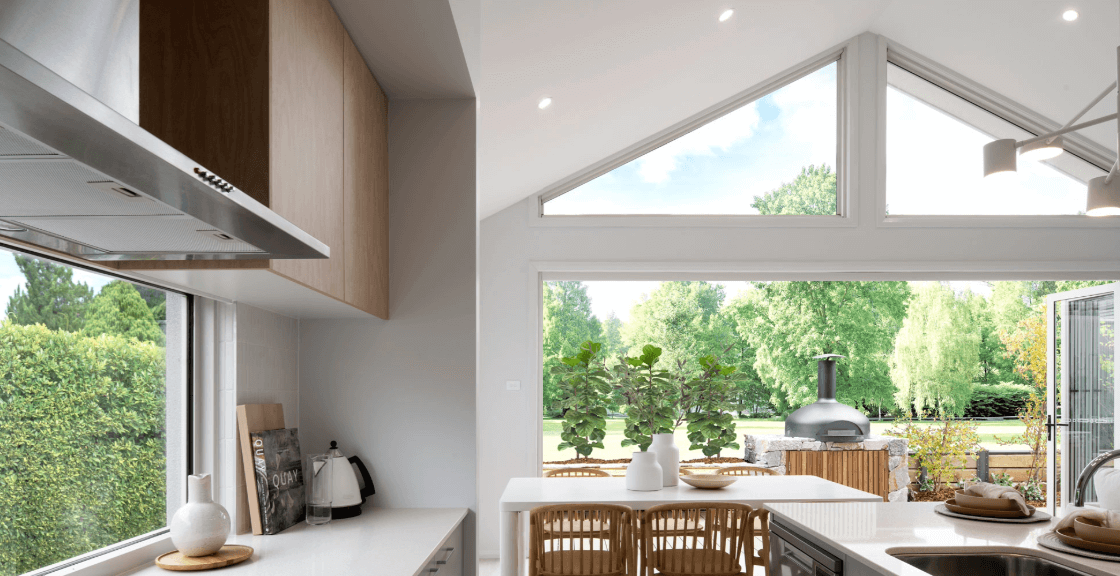When considering buying a house, finding out when it was last renovated is crucial for evaluating its condition and potential maintenance costs. Here are ways to determine this:
1. Ask the Seller or Agent
Directly inquire with the seller or real estate agent. They often have records of renovations or upgrades.
2. Review Property Disclosures
In many areas, sellers are required to provide a property disclosure statement, which typically includes information about major renovations.
3. Inspect Building Permits
Check with the local municipality for building permits. Major renovations often require permits, which include dates and details of the work.
X
4. Home Inspection
A professional home inspector can identify recent renovations or updates based on the materials
and condition of the home.
5. Check Visible Clues
Look for signs of renovation, such as updated kitchens, bathrooms, new flooring, or fresh paint. However, cosmetic updates don’t necessarily indicate structural or system improvements.
6. Ask Neighbors
Sometimes neighbors may have observed major renovations or can provide insights into the property's history.
Knowing the renovation history helps you assess whether major systems (like plumbing, electrical, or HVAC) are nearing the end of their lifespan or need immediate updates.




















